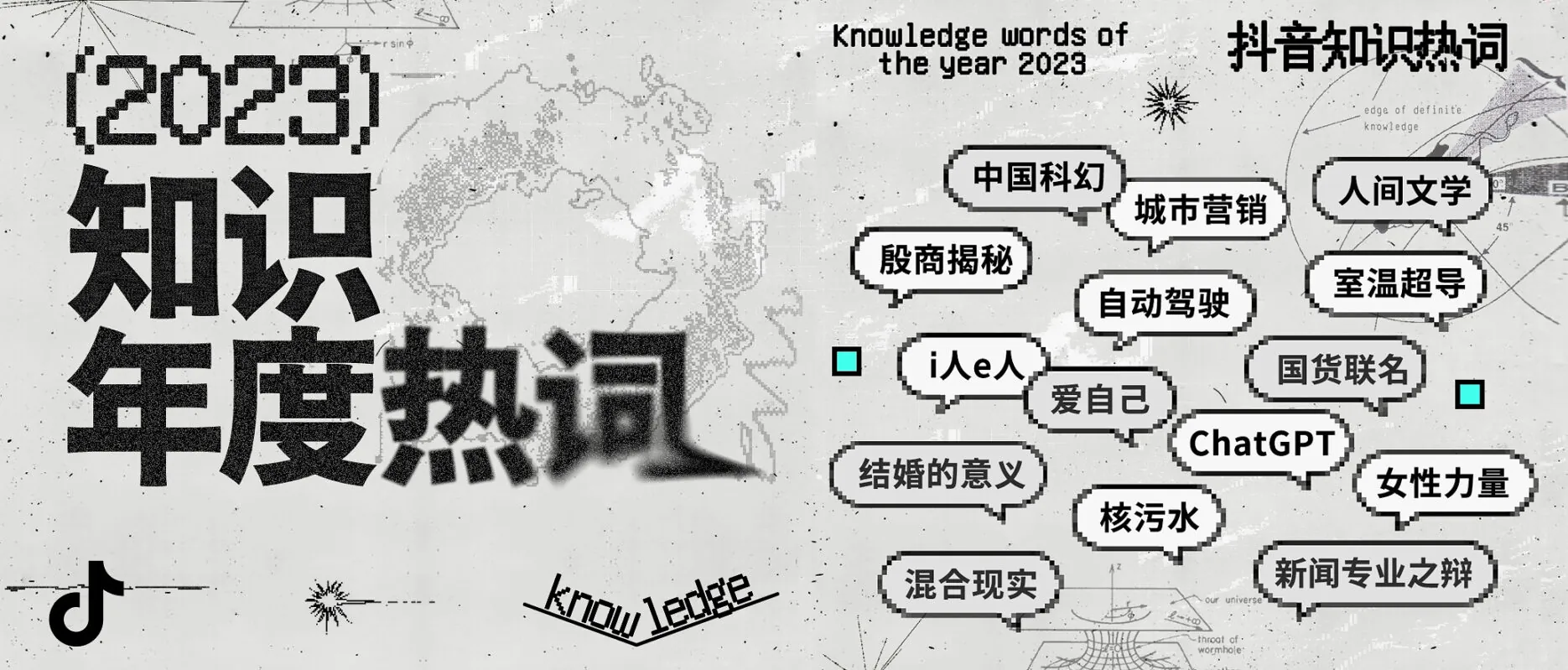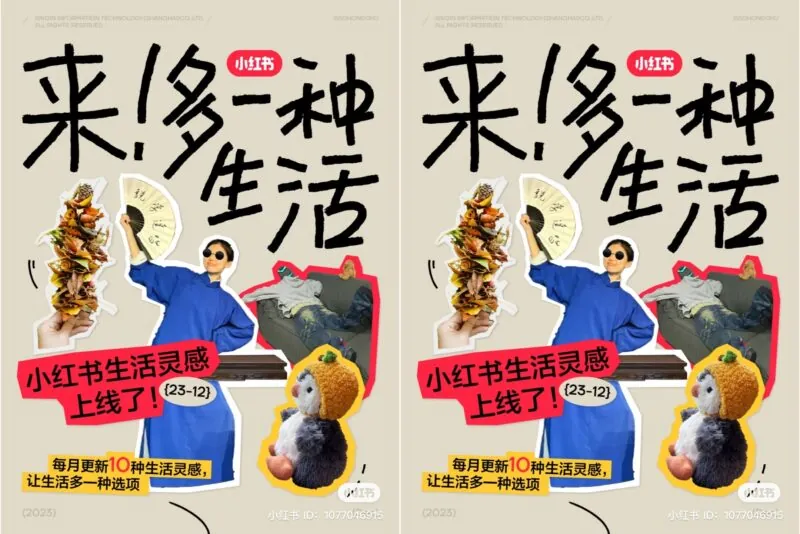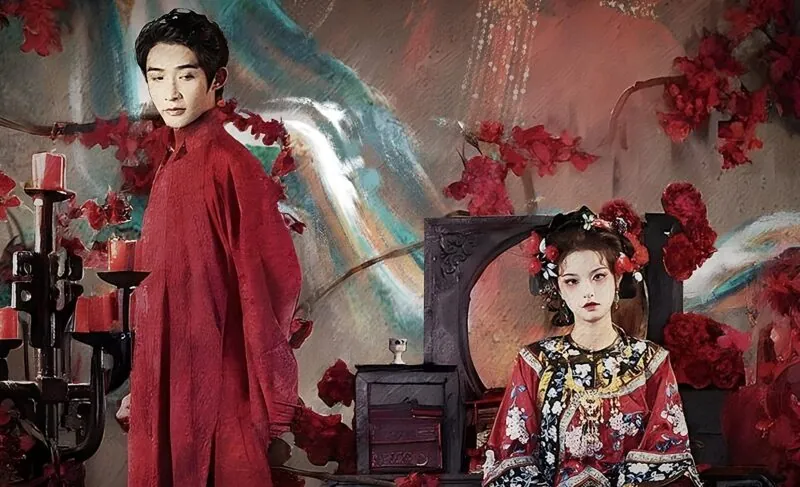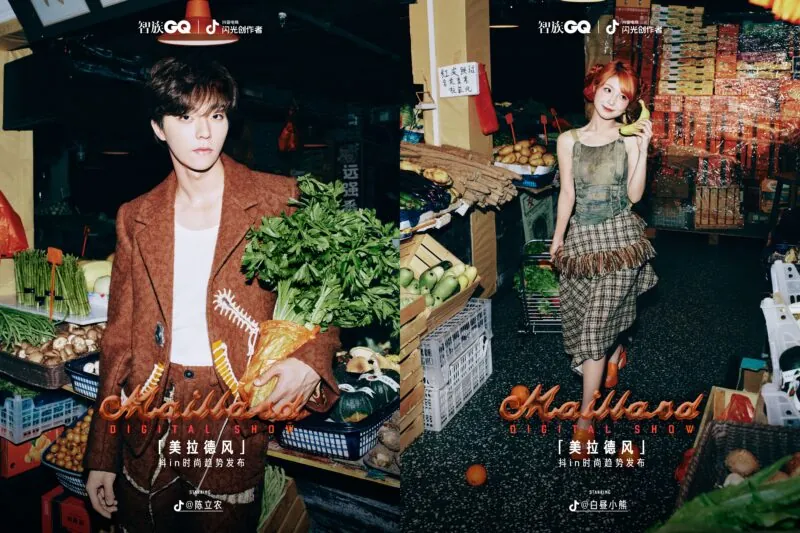Douyin, TikTok’s sister app in China, released a list of ‘hot words’ from their Douyin Knowledge community. Douyin Knowledge is a community dedicated to educational and popular science content. This year, they compiled a list of 15 keywords that were most frequently asked, explained and discussed on Douyin. The list includes buzzwords such as city marketing, nuclear wastewater, mixed reality, demystifying Shang Dynasty, ChatGPT, Chinese brand collaboration, professionalism in journalism, types I and E from MBTI, self-driving cars and self-love.
Some of these words are very science or sector-specific, while others have a wider appeal to people’s interests. The topics suggest that people want to learn more about these ideas. This article will try to discuss some of the buzzwords that have a wider influence on trends online and offline.
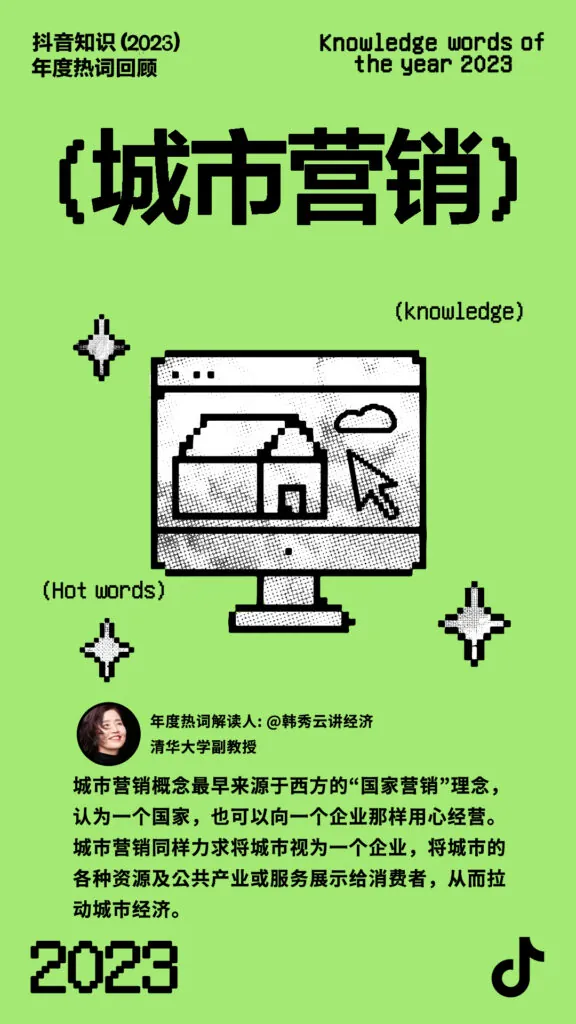
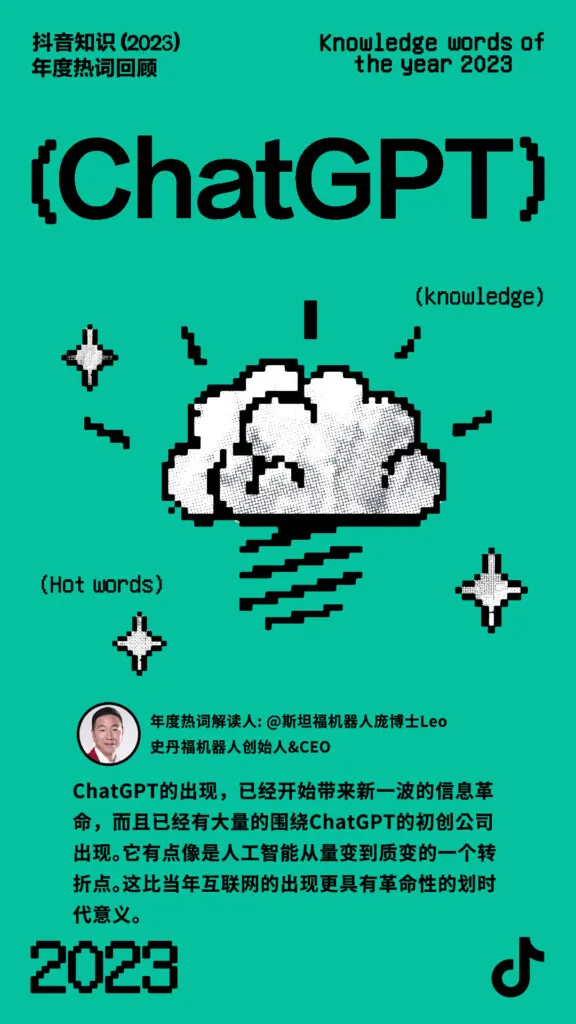
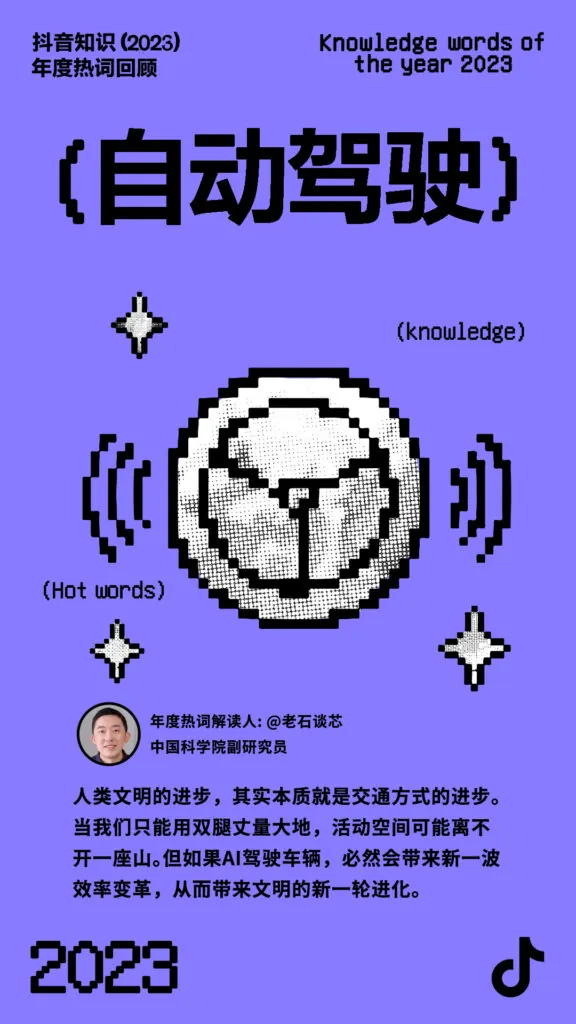
City marketing and city-based marketing
City marketing means cities promoting themselves using marketing from the private sector. One of the most prominent examples is Hangzhou promoting its smart city aspects during the Asian Games this year. Other new tier-1 cities like Chengdu, Chongqing and Changsha are all leveraging their image to build a brand for the cities. Top livestreamer “Crazy” Little Brother Yang heavily promoted the City of Hefei, where his company is based, during his free concert this year. On the other hand, brands, especially luxury brands, are utilising the idea of cities as brands to craft their hyper-localised campaigns on a city-based scale. Louis Vuitton’s “Nóng Hó, Shanghai” pop-up space and podcast used Shanghai’s culture to appeal to local and broader audiences.
Brands, especially luxury brands, are utilising the idea of cities as brands to craft their hyper-localised campaigns on a city-based scale
ChatGPT and AI
With ChatGPT and AI dominating tech-related and innovation news. Chinese audiences and makers alike are captivated by the capabilities of the large language model (LLM) AIs. Baidu was one of the first Chinese companies to announce a GPT-like LLM AI and its ERNIE Bot helped the tech giant get on to Fortune’s top 50 AI Innovators list. Alibaba’s Taobao trialled their AI chatbot Wenwen ahead of Double 11 this year, and Tmall made use of AIGC during the Double 11 sales. Douyin and TikTok’s owner Bytedance is also reported to be joining the fray.
Self-driving cars
Related to the AI topic, self-driving cars are one of the practical uses of the technology. As US electric car maker Tesla teases that its Beta version of Full Self-Driving (FSD) Capabilities might enter China soon, Chinese companies are also trying to compete. Baidu launched their driverless “robotaxi” service Apollo Go this year in Chinese cities Wuhan, Chongqing, Beijing and Shenzhen. Other companies like California/Beijing/Guangzhou-based Pony.ai are also testing their driverless cars. Being the intersection between electric vehicle production and AI models, the autonomous driving technology is rightly what Chinese tech companies like Baidu are hotly pursuing.
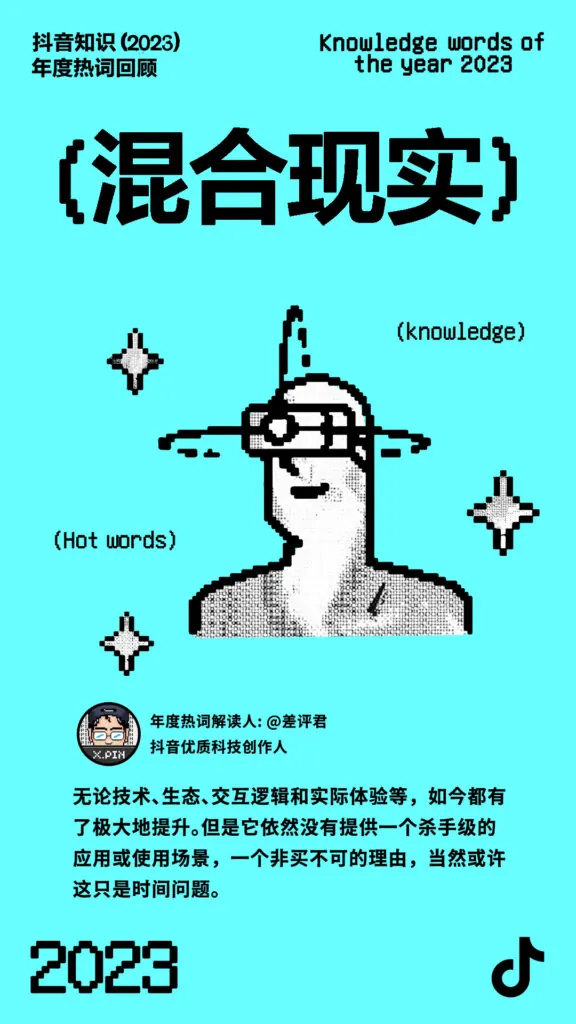
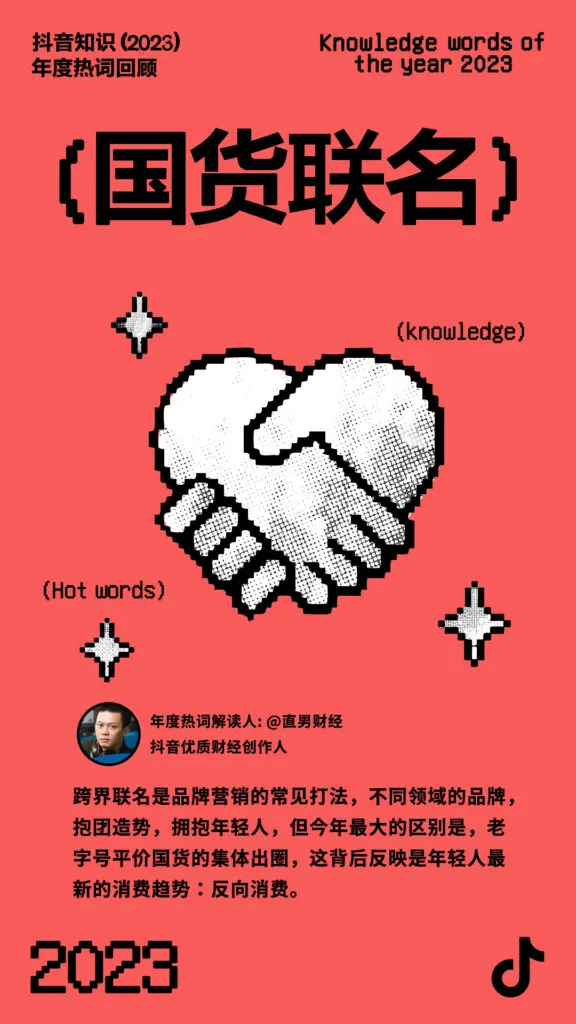
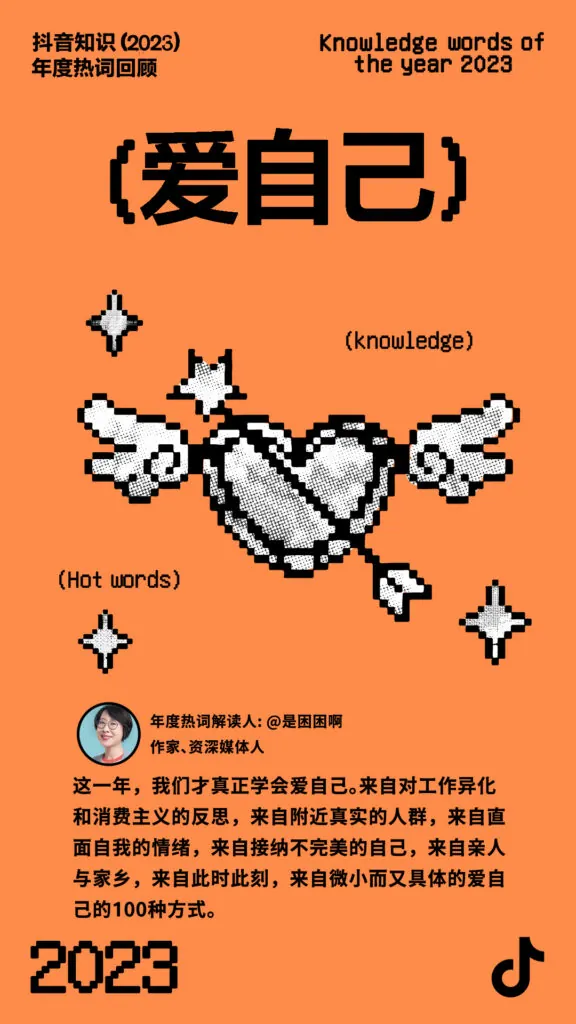
Mixed reality
VR and AR technologies continue to have innovative and practical uses. Since the hype around the metaverse has cooled down, VR and AR technologies have taken a more practical development route. Bytedance’s PICO, Apple’s Vision Pro and the recently announced partnership between Meta and Tencent collaborations is bringing the technology to people’s homes. Meanwhile, practical uses for AR were tested by Alibaba during its Double 11 gala with AI-generated AR special effects.
Co-brandings
Collaborations are particularly popular this year among Chinese brands. Many of the attention-grabbing ones came from tea and coffee chains in particular, due to the low prices and everyday nature of the beverages. From the internet-breaking Luckin Coffee x Kweichou Moutai to luxury collabs like Hey Tea x Fendi and Louis Vuitton’s collaboration with 3 Shanghai coffee shops. Fashion collabs like Li-Ning x Steven Harrington and Nike x Feng Chen Wang also bring together Chinese and international brands and designers.
Many of the attention-grabbing collabs came from tea and coffee chains, due to the low prices and everyday nature of the beverages
Self-love
Self-satisfaction has been a strong consumer trend in 2023. Spending for oneself, either indulgently or for self-fulfilment, has become a strong motive for consumers. Amid the trend of rational consumption, priority and necessity have been realigned while consumers looked for what makes themselves tick. Post-pandemic, health and wellbeing-related products and brands like sportswear and outdoor apparel are also continuing to grow. The self-care elements are not lost in the brands’ marketing messages.
For non-science or academic concepts to make it onto the Douyin Knowledge community the ‘hot words’ list means Douyin users were curious about these concepts, and they made an impression on people over the past year. As this article has discussed, many brands were already harnessing the traffic brought by the concepts, others are part of the reason that they have become buzzwords. Campaigns that created or responded quickly to people’s interests are surely among the more memorable in the past year.
People in need of catching up may search for answers on social media, propelling these terms into the hot list
Looking into 2024, we might see more of these marketing and trend-related buzzwords make it into people’s questions and discussions. There have been many adopted concepts in campaigns such as dopamine dressing, MBTI marketing, and willingness to adopt the latest technology from companies. People in need of catching up may search for answers on social media, propelling these terms into the hot list.




